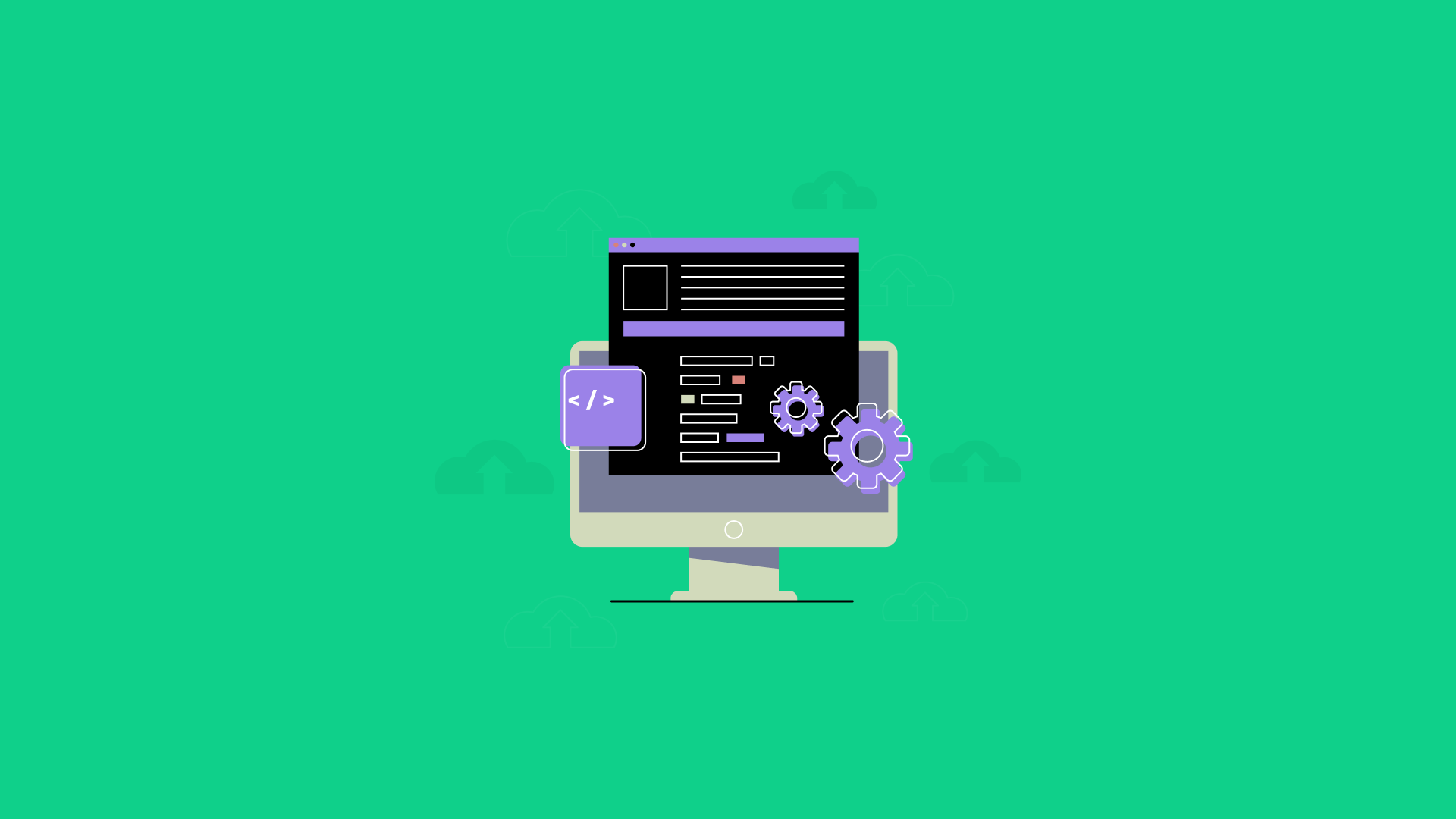What Is Static Code Analysis Method?
Apr 17, 2022 8481 seen
How Is a Static Analysis Done?
The static analysis method is pretty straightforward as long as it is automated. During the early stages of development, static analysis is usually undertaken before software testing. It will happen during the DevOps development process's creation phases.
A static code analyzer should analyze the code after it has been written. It will compare preset custom rules to defined coding rules from standards. The static code analyzer will assess whether the code complies with the stated regulations once it has been run through it. Because the software can occasionally signal false positives, it's vital that someone goes through and dismisses those that have been reported. Once false positives have been eliminated, developers can correct any evident mistakes, which usually start with the most obvious errors, usually beginning with the most critical ones. Once the code issues have been resolved, execution can test the code.
Without code testing tools, static analysis will be time-consuming because humans will have to review the code and determine how it will behave in runtime environments. As a result, it's good to look for a tool that automates the process. Eliminating any lengthy processes will result in a more efficient work environment.
Although code analysis produces secure code, other issues, such as changes in the system build, must also be considered to create a secure system. Is PHP installed, for example, with safe mode enabled during code review and disabled in the production environment? Other potentially devastating attacks unrelated to flaws in the source code, such as system commands embedded within uploaded zip files that are not inspected, may also exist. As a result, additional testing, such as penetration testing in conjunction with server configuration validation, should be performed in tandem with source code reviews. Let's discuss a few code analysis steps.
1. Get early feedback

Static code analysis provides information about code errors. While the tools won't catch every defect and aren't a replacement for other tools like dynamic code analysis, they are a must-have that more developers should use to improve code quality.
Code analysis is one aspect of the shift left. That is the most crucial step in terms of implementation.
There are various static code analysis tools; some focus on security, specific languages, or specific types of errors, while others cover multiple languages and code quality issues. Organizations may use various static code analysis tools to capitalize on their respective strengths.
2. Improve code security

From boards of directors to front-line developers, everyone is concerned about security. Because software powers almost everything these days, it's critical to examine code for potential flaws from various angles. As a result, multiple tools, including static code analyzers, are required.
The data generated by static code analyzers come into play in these cases. This data is combined with information from HR and other sources to provide insights into who wrote the code, where it could have come from, how code quality changes over time, and other details that portfolio managers want to know.
3. Advance best practices

Because most static code analysis tools are based on rules, it's vital to ensure the rules align with the organization's objectives. The guidelines, for example, contribute to assuring safety compliance in some highly regulated situations.
There are several examples of fairly rigorous coding standards, so you should ensure that your developers adhere to the standards for audit purposes. Regulations, on the other hand, do not always drive rules. Corporate and security standards also influence them. As junior developers learn the static code analysis rules, it will benefit them as they advance to more senior positions.
4. Save time and money

Analyzing static code takes time, but it is time well spent. The amount of time necessary depends on the number of tools used, the tools themselves, and what developers let into production. However, the time saved by the tools outweighs the effort spent building them in the long run. Static code analyzers also help to reduce the number of code reviews required. Static code analyzers also assist in reducing the time and effort required for code reviews.


